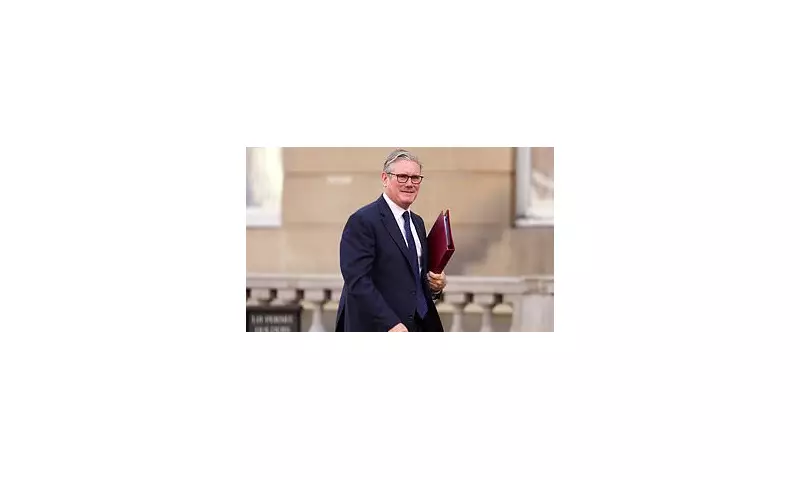
Government Crackdown on Ticket Touting
The UK government is reportedly preparing to ban the reselling of tickets for live events for profit, in a significant move that will directly impact sports fans across the nation. According to reports in the Guardian and Financial Times, ministers are expected to announce plans to tackle professional touts and secondary ticketing websites that often list tickets at several times their original face value.
The new legislation would set a resale price limit at the ticket's face value, although authorised fees could still be added on top. This initiative aligns with the Labour manifesto's promise to deliver stronger consumer protections, aiming to prevent fans from being scammed or priced out of events by touts who frequently use automated bots to purchase tickets in bulk the moment they go on sale.
Premier League Clubs at the Centre of the Crisis
The issue of ticket touting has become a major problem for Premier League clubs in recent years. While it is already a criminal offence in the UK to resell football match tickets for profit, the practice persists, with many websites operating from outside the country's jurisdiction.
Chelsea and Liverpool have been particularly vocal in highlighting the scale of the problem. At Stamford Bridge, the situation has severely strained the relationship between sections of the fanbase and the club's hierarchy. This tension was heightened by the revelation that Chelsea chairman Todd Boehly is a director of Vivid Seats, a company featured on the Premier League's list of unauthorised ticket sellers.
Mark Meehan, chair of the Chelsea Supporters Trust, recently underscored the severity of the issue. 'I get the mismatch between supply and demand,' he told the Chelsea FanCast. 'It has never been harder to get a Chelsea ticket. It's clear something isn't working.' He estimated that up to 2,000 tickets per Chelsea game are touted, and argued that addressing this would free up tickets for younger members.
The scale of the problem is further illustrated by statistics reported by the BBC. Chelsea faced a staggering 350,000 attempted bot purchases for their opening game of the season and cancelled 2,000 ticket purchases for a Champions League bundle due to rule violations.
Industry Reaction and Black Market Warnings
The proposed government ban has been met with widespread approval from consumer groups and parts of the ticketing industry. Rocio Concha, director of policy and advocacy at Which?, stated: 'This is great news for music and sports fans. A price cap set at the ticket's original face value plus fees will rein in professional touts and put tickets back in the hands of real fans.'
Live Nation Entertainment, the parent company of Ticketmaster, also backed the move, confirming that Ticketmaster already limits all resale in the UK to face value prices and describing the government's plan as 'another major step forward for fans.'
However, not all industry voices are supportive. Resale giant StubHub issued a stark warning, suggesting that a price cap would simply drive transactions to the black market. A spokesman for StubHub International cautioned, 'With a price cap on regulated marketplaces, ticket transactions will move to black markets... When a regulated market becomes a black market, only bad things happen for consumers. Fraud, fear and zero recourse.'
As the government prepares to potentially include this legislation in the King's Speech, the move represents a decisive attempt to reclaim live events for genuine fans and end the era of exploitative secondary ticketing.





